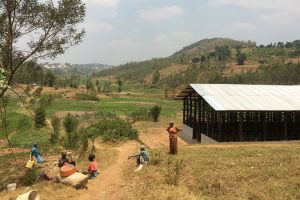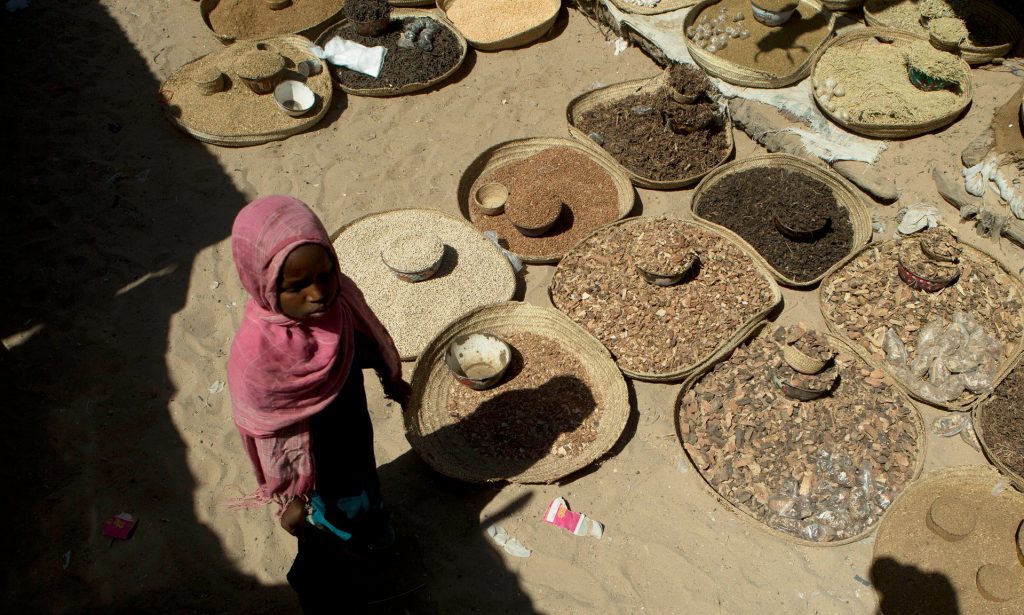October 15 marked the International Day of Rural Women, and Rwanda, together with the rest of the world, celebrated the achievements in this aspect and sought to find solutions to the challenges women in rural areas face.

Rural women, the majority of whom depend on natural resources and agriculture for their livelihoods, make up over a quarter of the total world population, according to The United Nations. In developing countries, rural women represent approximately 43 per cent of the agricultural labour force, and produce, process and prepare much of the food available, thereby giving them primary responsibility for food security.
Anselme Rurangwa, the Director of Women Empowerment and Mobilisation at the National Women Council, says that rural women are still faced with day-to-day challenges.
He says the workload of the entire family is mostly handled by women; taking care of the children, attending to the farm, doing house chores, and on top of that, caring for their husbands.
This gives them no space to plan for the future or even start up and manage a small business. And this makes them practically dependent on their husbands for other needs. It is this dependency that sometimes brings about domestic abuse. Most women, Rurangwa says, are left with little or even no choice but to endure abusive marriages as a result.
“Women almost take care of their families all by themselves while the men are out. Some men are not supportive partners, some even go on a drinking spree and abuse their wives, it’s a serious issue,” he says.
Rurangwa says that the Council mostly does its job through mobilisation, and called on other stakeholders to join in the effort to try to reverse the trend.
Seven women are appointed at all the grassroots levels – from the village to the district level – and they help in mobilising masses for a positive change.
The NWC official says that families are encouraged to be a part of such campaigns and programmes as Umugoroba w’Ababyeyi (parents’ evening forum) because it is through such platforms that issues affecting families can be brought to light and addressed by members of the community.
But there are concerns that these forums are widely regarded as meant for women only.
“Most men think that such platforms are for women only, which isn’t the case, men have a stake in this, they have a major role to play to turn around the situation, married couples should be attending these conversations together, men and women have equal obligations to advance their families, no one should be a subordinate of the other.”
He added: “We want men to be a part of this fight, we believe a proper partnership between a man and wife can help deal with challenges like child upbringing, and that way, issues like street children will be curbed.”
Clementine Mushimiyimana, a community health worker in Save Sector in Gisagara District, says that rural women have dreams of being financially stable. But how to get there is the main problem.
She says that capital, lack of skills and fear that’s rooted in a culture that portrays a woman as inherently submissive, are a major hindrance.
“Poverty is still a big issue for rural women and what makes matters worse is that some men are not supportive at all. They want their wives to be in the kitchen, this brings about disagreements and sometimes abuse,” Mushimiyimana says.

